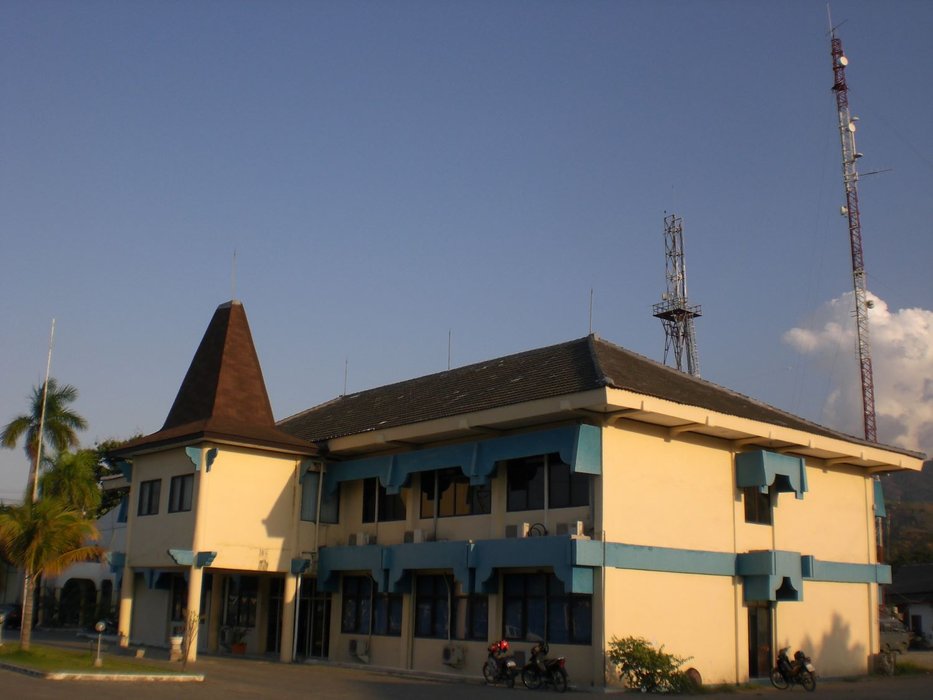
The state of civic space in Timor-Leste is rated as ‘obstructed’ by the CIVICUS Monitor. Fundamental freedoms are generally respected by the authorities. Further, the government has created an enabling environment for human rights defenders. However, there continues to be concerns about attempts by the government to introduce draft laws related to criminal defamation. There have also been reports of restrictions on the right to peaceful assembly and the arbitrary arrests of protesters.
In June 2023, the Timor-Leste government made commitments to freedom of opinion and expression at the UN Human Rights Council during the Interactive Dialogue with the Report of the Special Rapporteur on the promotion and protection of the right to freedom of opinion and expression.
On 1st July 2023, former East Timor independence fighter Xanana Gusmao was sworn in as prime minister of Timor-Leste after his party won the parliamentary election in May 2023. The new government is a coalition between Gusmao’s National Congress of the Reconstruction of East Timor, known as CNRT, and the Democratic Party. Gusmao reiterated the importance of national reconciliation and unity to achieve the development goals.
Civil society has welcomed the government’s strong position against the repression in Myanmar. In August 2023, Prime Minister Xanana Gusmao said the country would reconsider its goal of joining the Association of Southeast Asian Nations (ASEAN) if the bloc is unable to find a resolution to the conflict in Myanmar. In the same month, the Myanmar junta ordered the expulsion of Timor-Leste's top diplomat in the country over a meeting his government held with the Myanmar shadow administration known as the National Unity Government (NUG).
Expression
Press freedom group calls for commitment to public television independence
On 15th August 2023, the International Federation of Journalists (IFJ) urged the National Congress for Timorese Reconstruction (CNRT), the new leading coalition government in Timor Leste, to respect the media's hard-won editorial independence, particularly that of its public broadcaster, which is promoting a solid, long-term model.
Referring to Radio e Televisao de Timor-Leste (RTTL), the public broadcaster of the country, IFJ commended it for having achieved success in following a sustainability strategy that was integrated into the "independence model" and was active in ways that had never been done in the country before.
The IFJ said: “The future of public broadcasting is always at its most vulnerable when governments change. Timor Leste’s lead on democracy and media freedom is no small matter – although the country may be one of the region’s smallest. It is more important than ever that politicians take note and keep RTTL a truly public broadcaster.”
As previously documented, the country’s media are among the freest in the region and the constitution protects freedom of the press and of expression. Global media watchdog Reporters Without Borders (RSF) ranked the country in 10th place in their press freedom index published in May 2023, Journalists are usually free to report the news and are rarely the targets of harassment or physical attacks.
Peaceful Assembly
Pride March held in Dili
once again Timor-Leste celebrated Pride March 2023, with the theme Hope.
— Zevonia Vieira (@ZevoniaV) July 29, 2023
Timor-Leste tried to promote diversity, against discrimination, respect the identity because we are human. Diversity part of human rights#Hope #PrideMarch #TimorLeste #2023
🇹🇱🇹🇱🇹🇱🇹🇱🇹🇱 pic.twitter.com/phofIwmc7c
Timor-Leste held its 5th annual PRIDE March on 28th June 2023. The theme for this year’s PRIDE is "Hope - for a brighter future with different colors." The LGBTQI+ community marched through the streets of Dili to advocate for greater equality and representation in the country.
Among the organisers of the march were Hatutan, Fundasaun Codiva, Arcoiris Timor-Leste, and Even2u. Although homosexuality is legal in the country, members of the queer community say they need more representation in all sectors, including health and education.
In the majority Catholic island nation there are few legal protections for LGBTQI+ people in Timor-Leste. Some LGBTQI+ Timorese suffer from violence and discrimination, often at the hands of their own family. Many keep their true sexual orientation or gender identity hidden, as those who openly identify as LGBTQI+ often face family rejection and physical, verbal and sexual violence.